Videos by Cambie Surgery Centre
Cambie Surgery Centre in Vancouver offers patients a number of services in its private hospital facility including:Anaesthesiology: general anaesthesia, peripheral nerve block, steroid injection and more
Dentistry: general dentistry, minor oral surgery, single root, restorative dentistry
Eye Surgery: cataract surgery, blepharoplasty, corneal surgery, lid surgical reconstruction, dacrocystorhinostomy
Facial and Plastic Surgery: blepharoplasty, dermabrasion, facial chemosurgery, hair transplantation, face lift and forehead lift surgery, liposuction, breast augmentation, subcutaneous mastectomy
General and Miscellaneous Health Services: biopsy, screening colonoscopy, arterial puncture, localized treatment of burns
General Surgery: excision of breast cyst or tumour, skin laceration repair, hernia repair
Gynecology: labiaplasty, vaginal rejuvenation, tubal ligation and laparoscopy, Burch procedure
Oral & Maxillofacial Surgery: implant reconstruction, sinus surgery, excision cysts and tumours, bone grafting
Orthopaedic Surgery: bone grafting non-union of fractures and pseudoarthrosis, osteotomy closed and osteotomy open, tendon repairs and reconstruction, Oxford knee replacement
Shoulder Surgery: rotator cuff repair, shoulder stabilization
Hand Surgery: arthroplasty, skin graft, tendon transplants
Spine Surgery: two level and single level lumbar discectomies, two level and single level lumbar laminectomies for spinal stenosis
Otolaryngology Head & Neck Surgery: otoplasty, uvuloplasty, rhinoplasty, minor facial fractures repair
Urology: penoplasty, penile vein ligation, vasectomy and vasectomy reversal
Vascular Surgery: varicose vein surgery and injection, insertion Vascular Access Device
read more
There are many more Vancouver private medical services available. Call or visit the website for more information.
Visit Cambie Surgery Centre Vancouver BC clinic website for more information on their private health services in Vancouver.

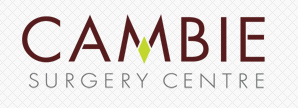

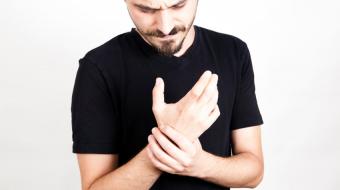
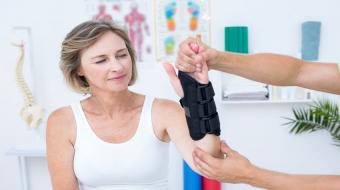
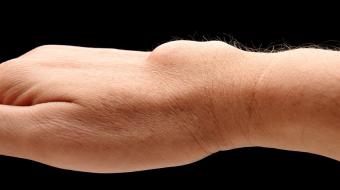


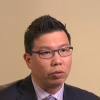


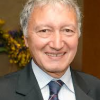


Latest Health Talk Comment
Dr. Ramesh Sahjpaul
, Neurosurgeon, at Cambie Surgery Centre in Vancouver, BC commented on: Managing Lower Back Pain With Lifestyle Changes " John a 53-year-old business man ".